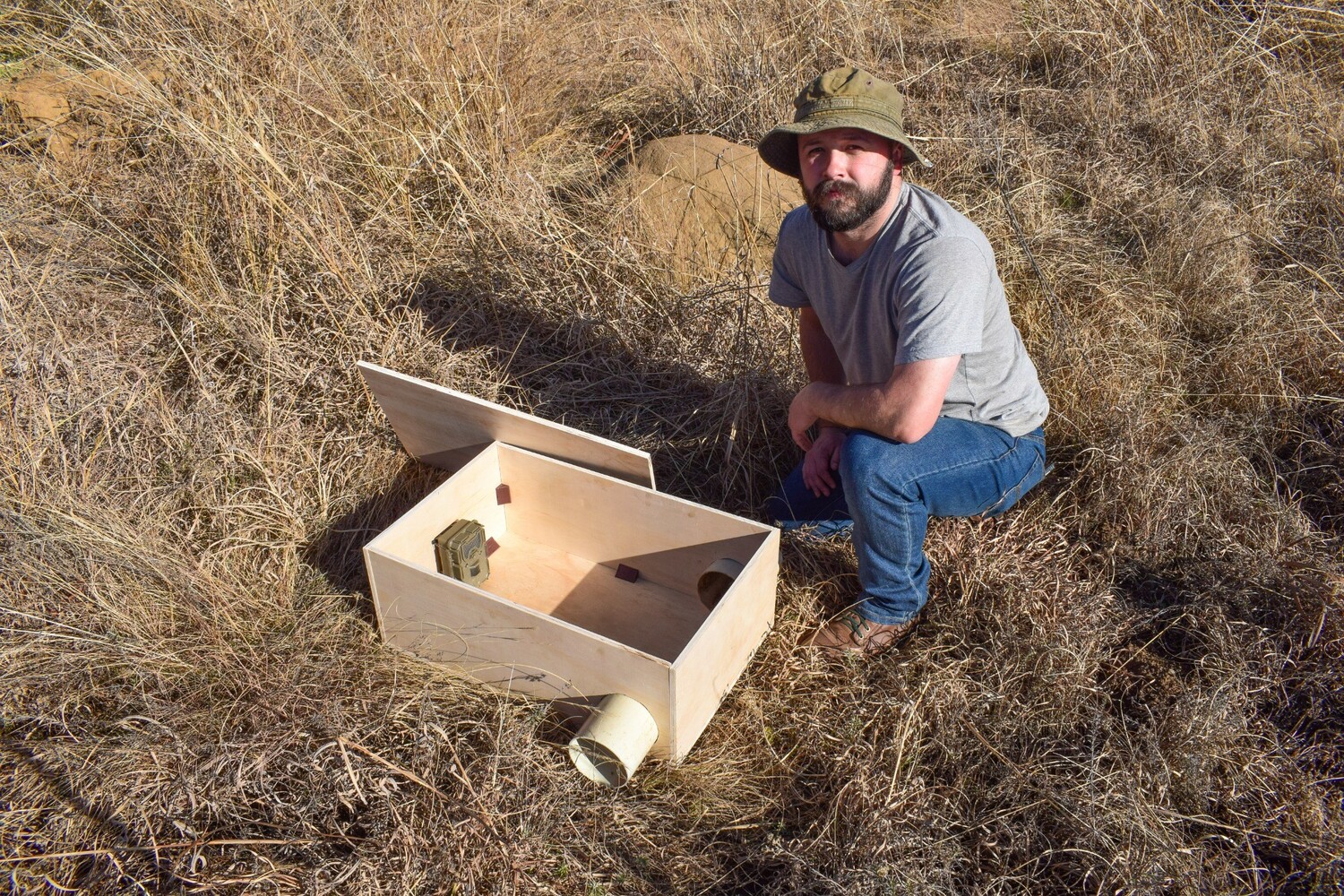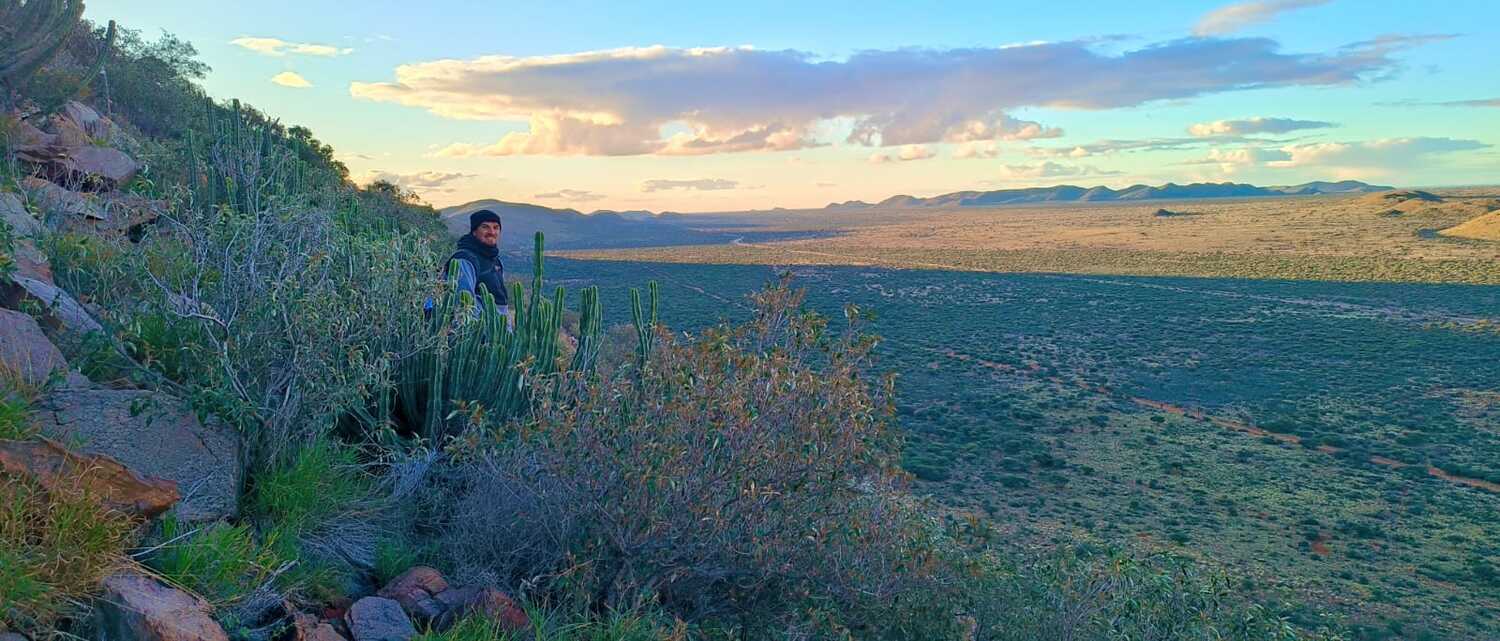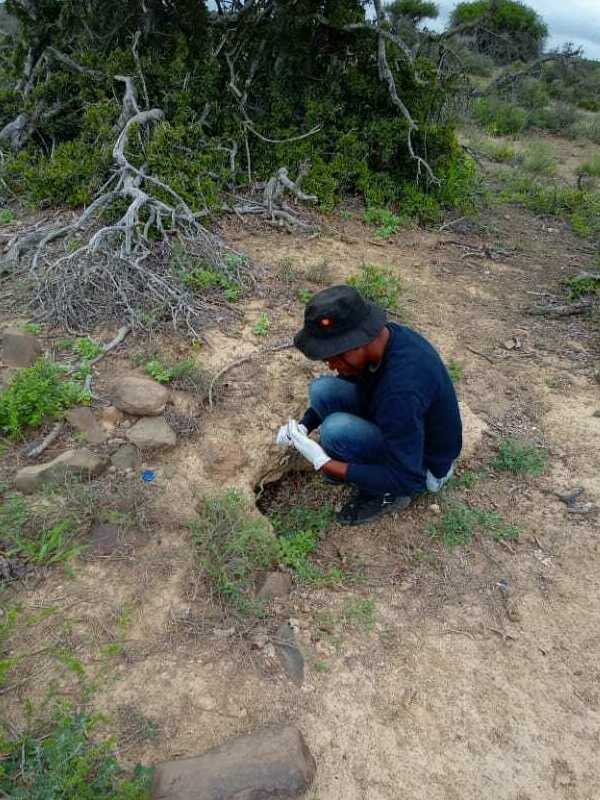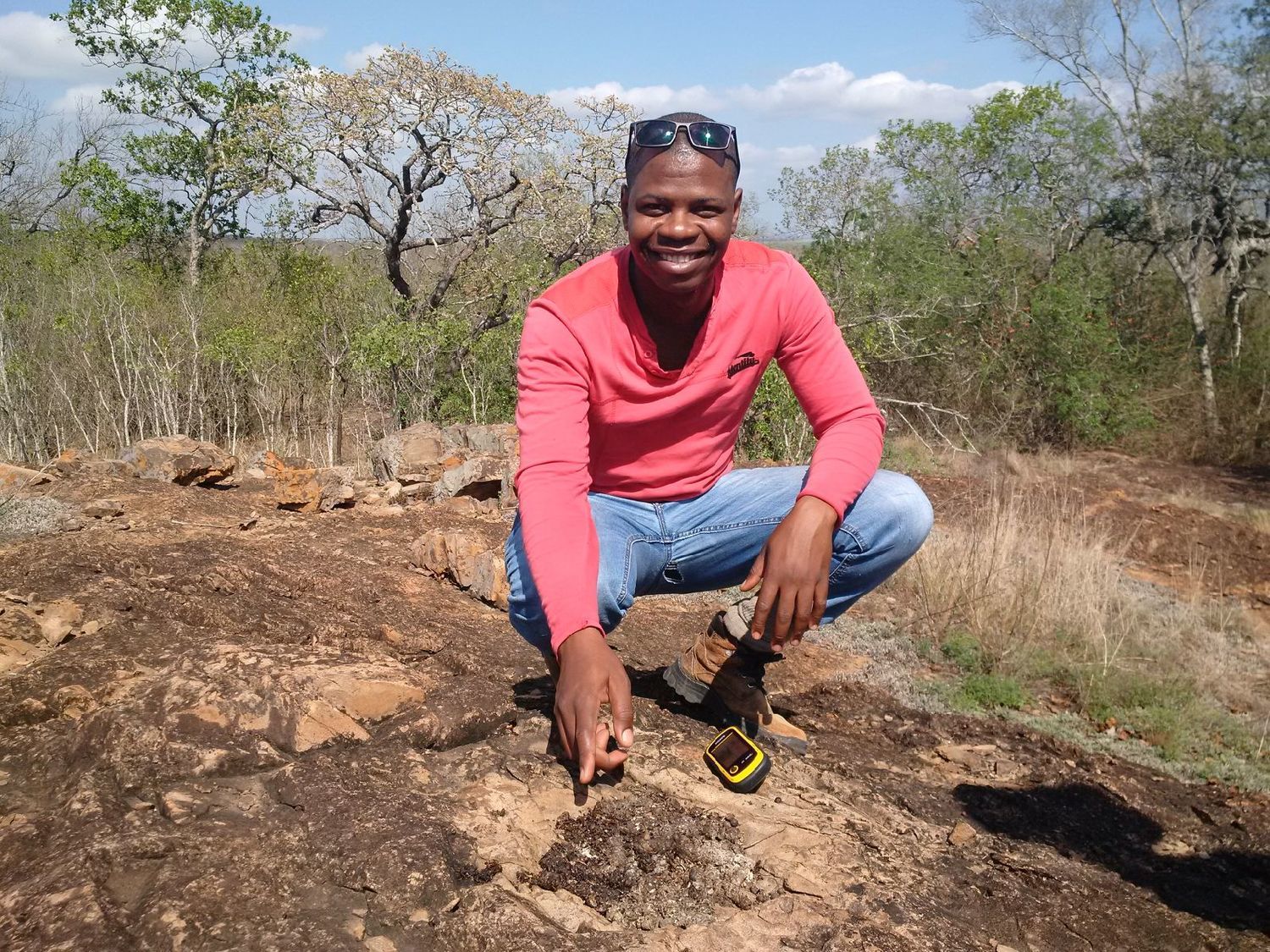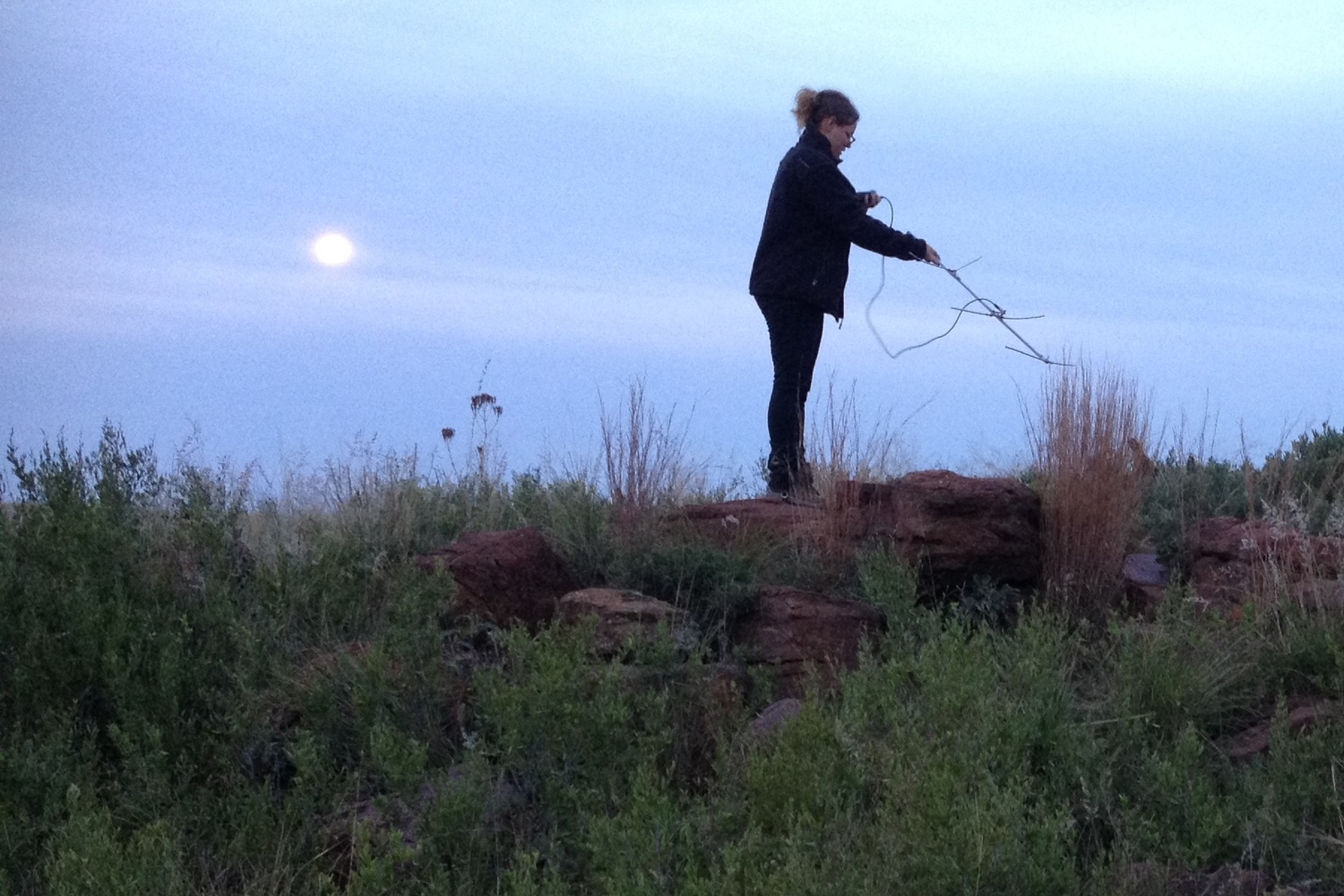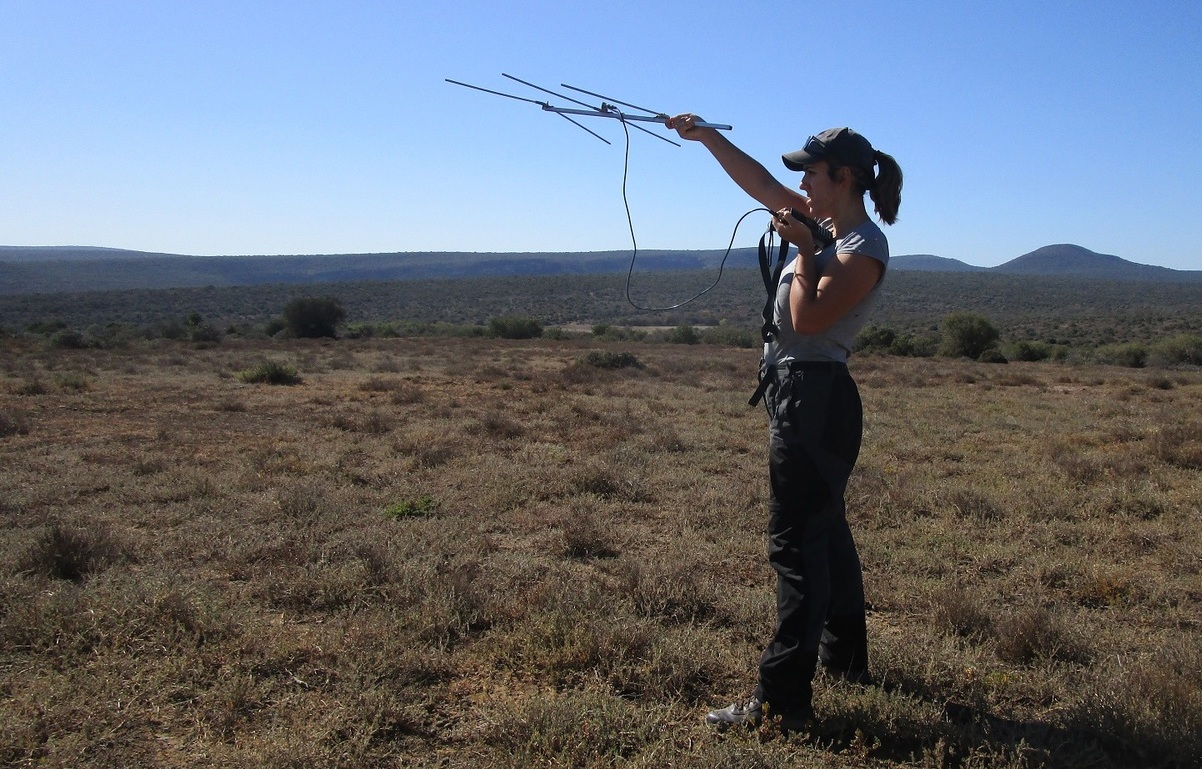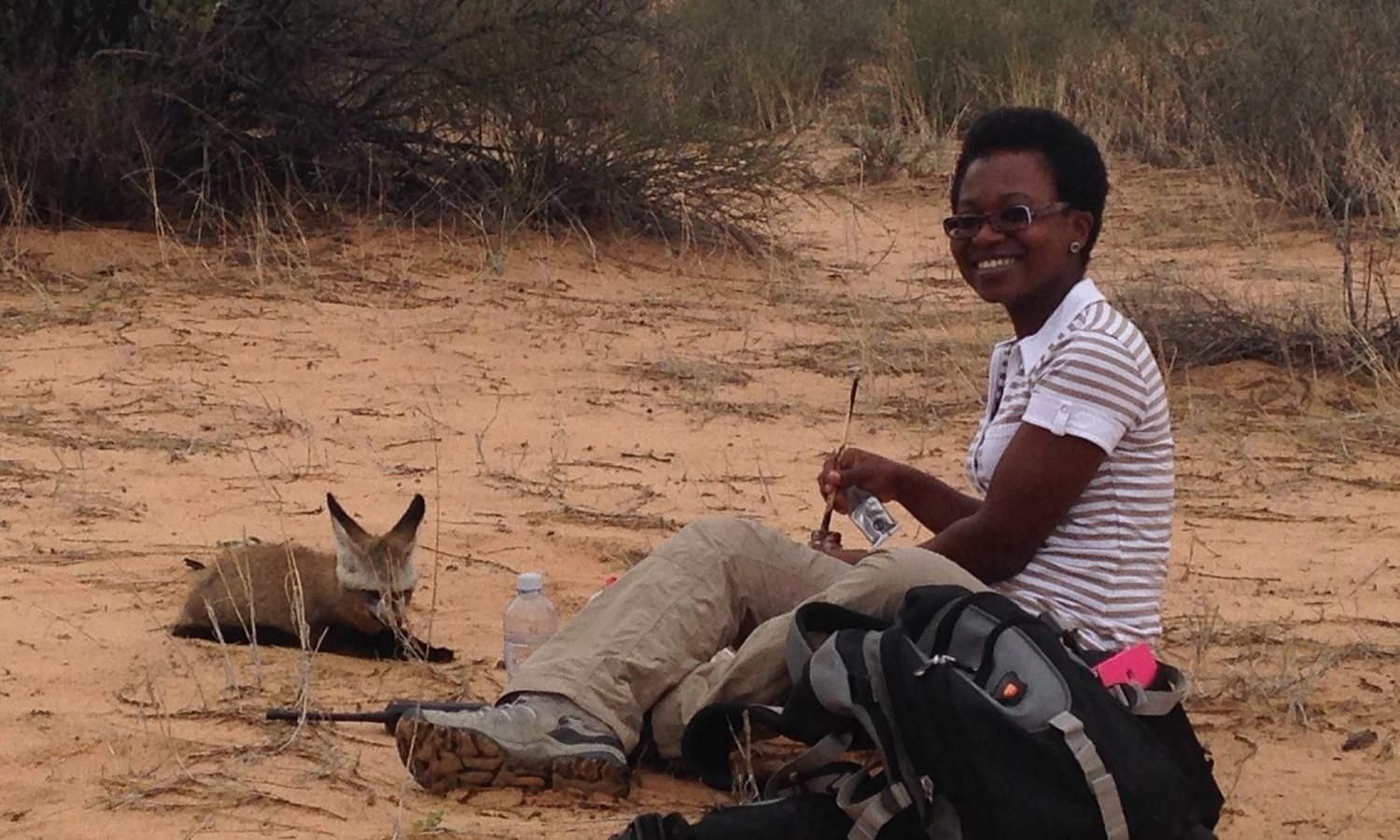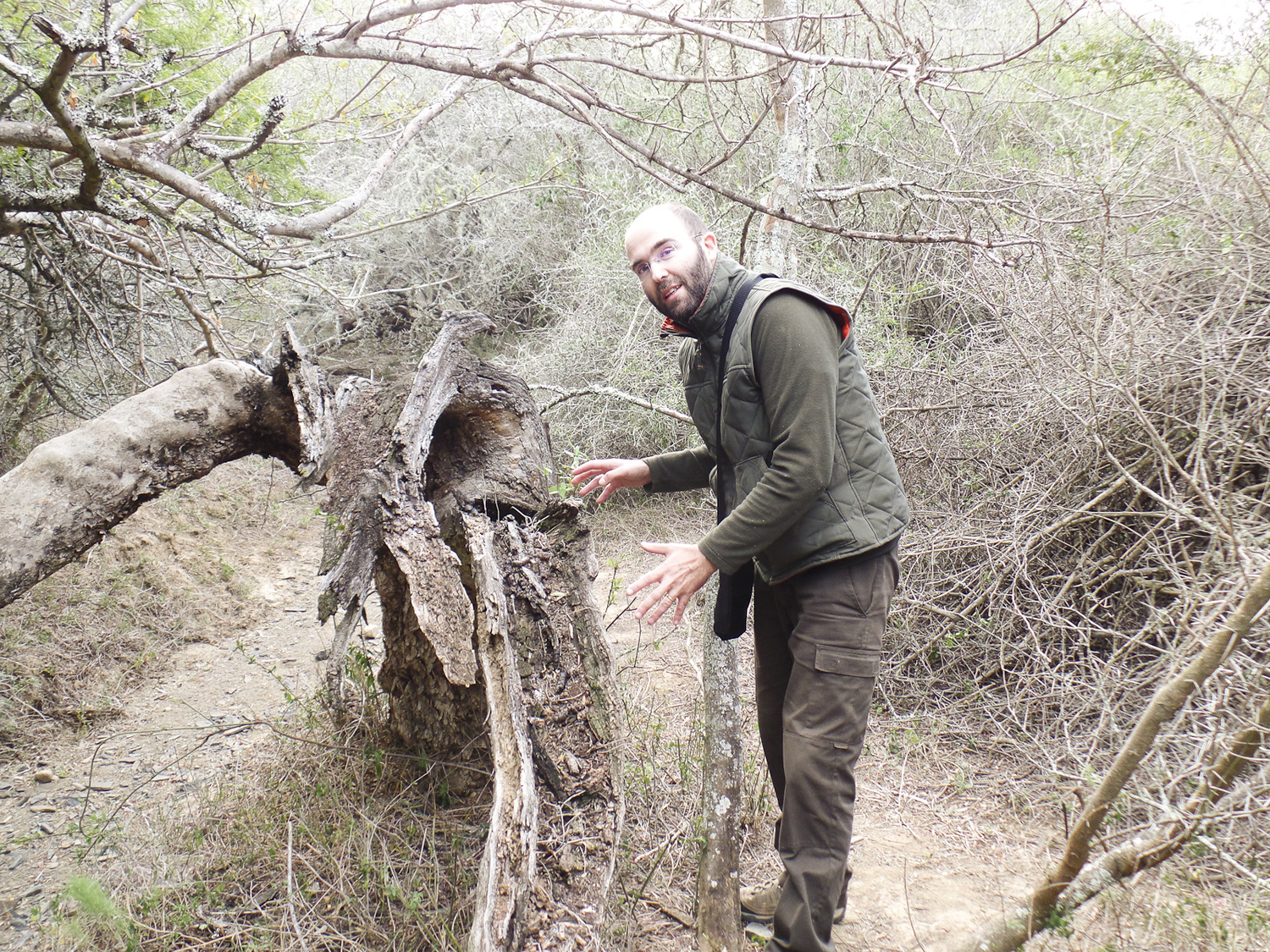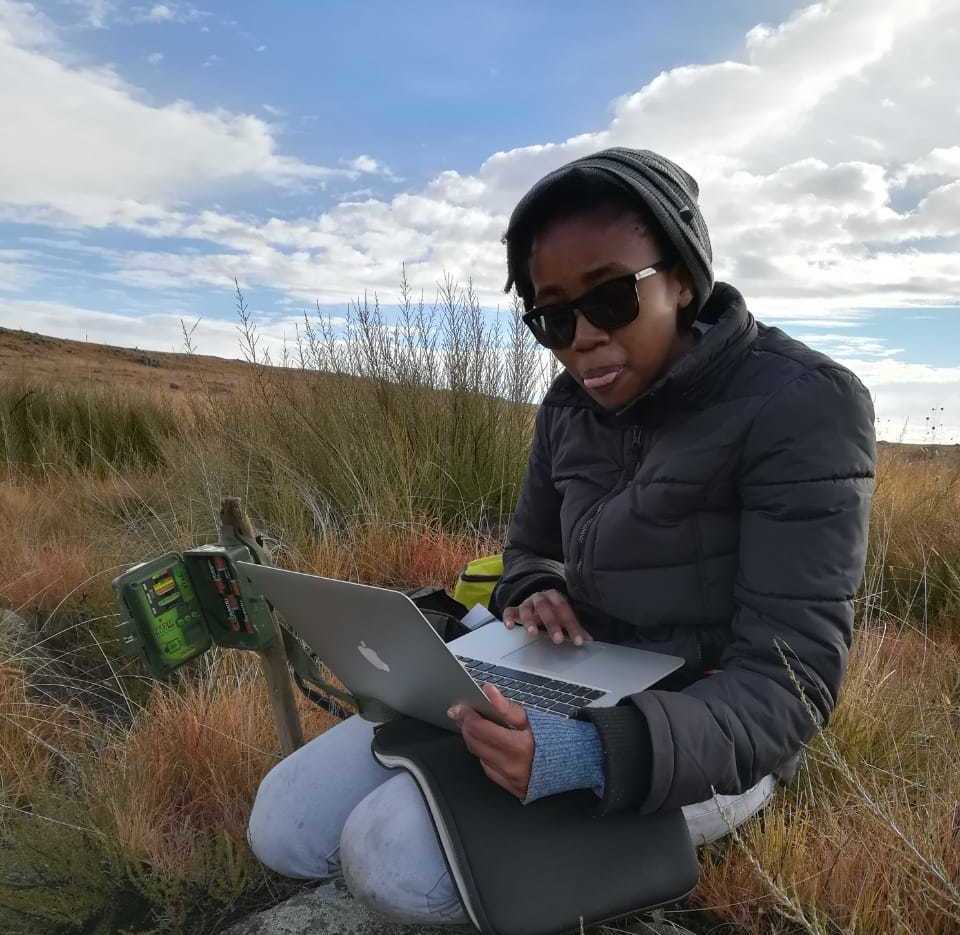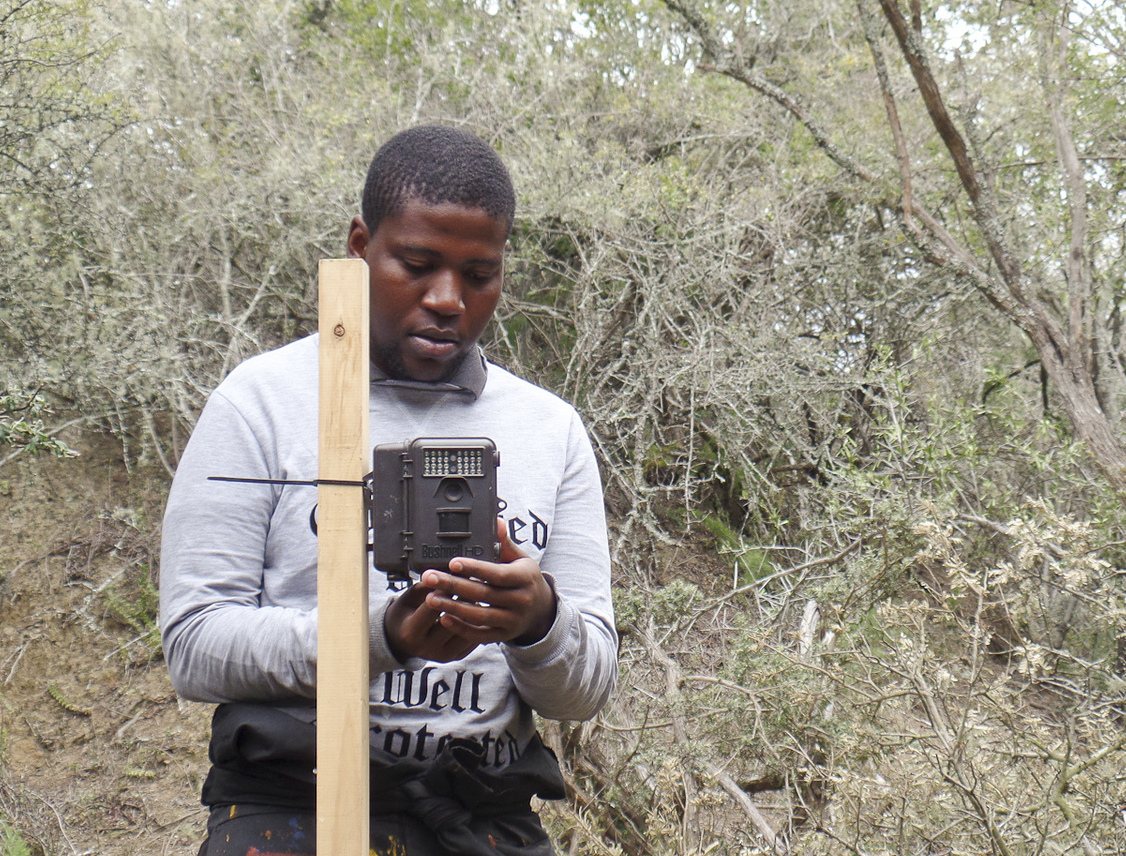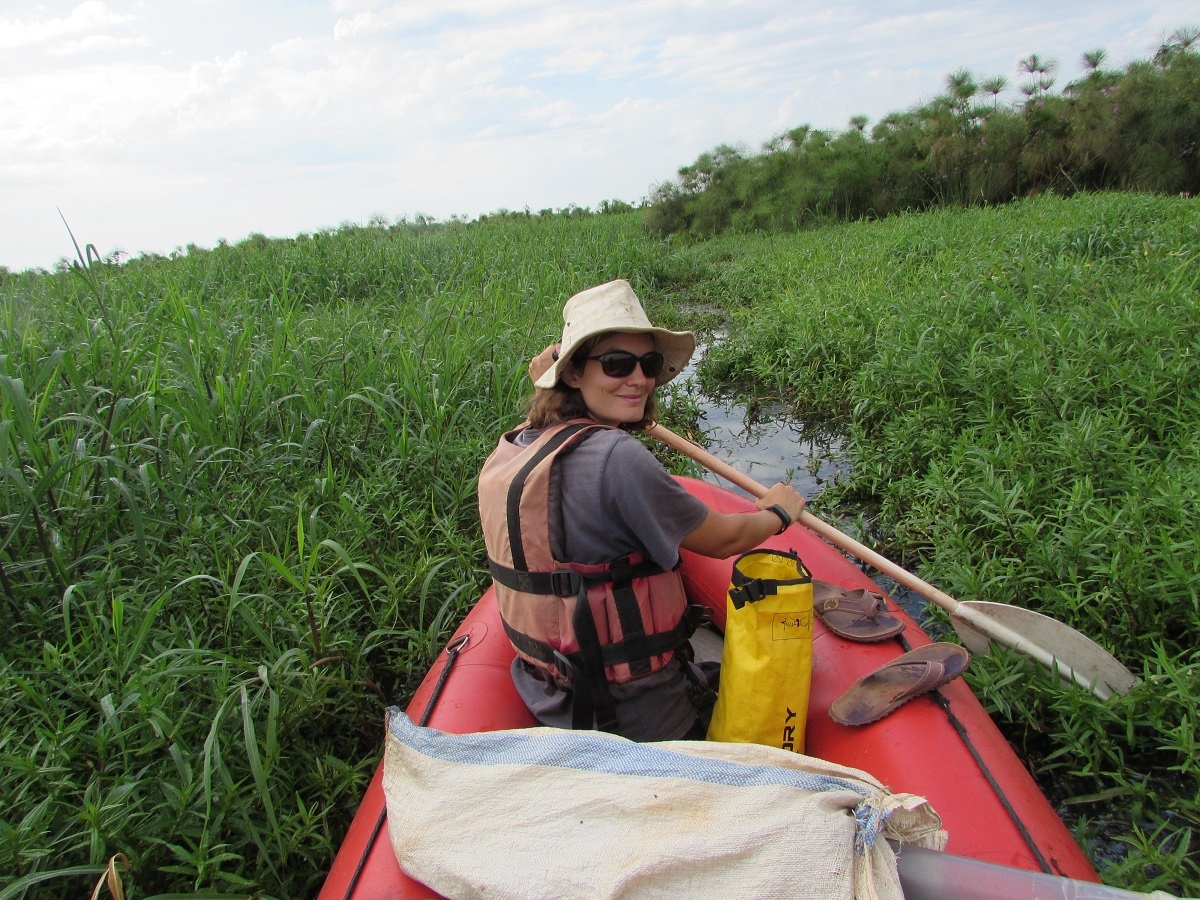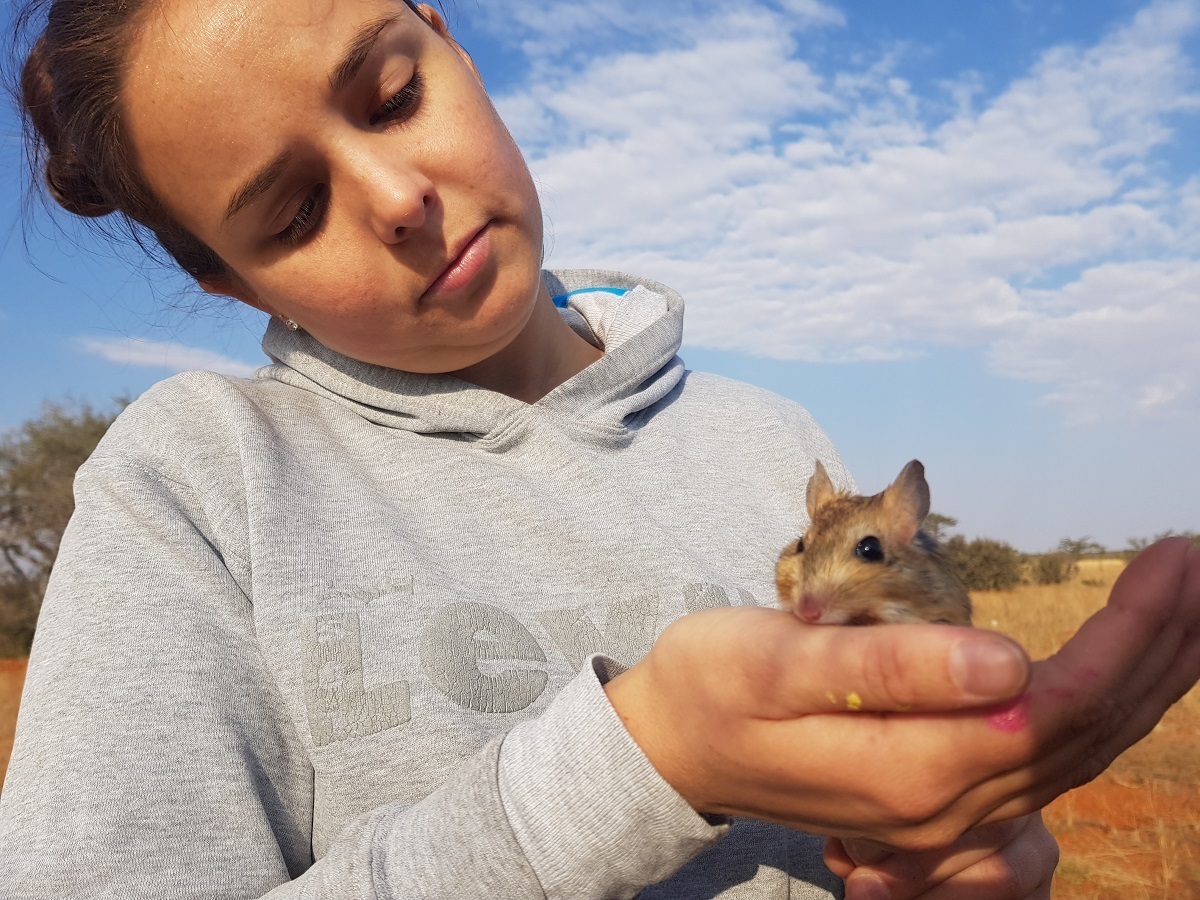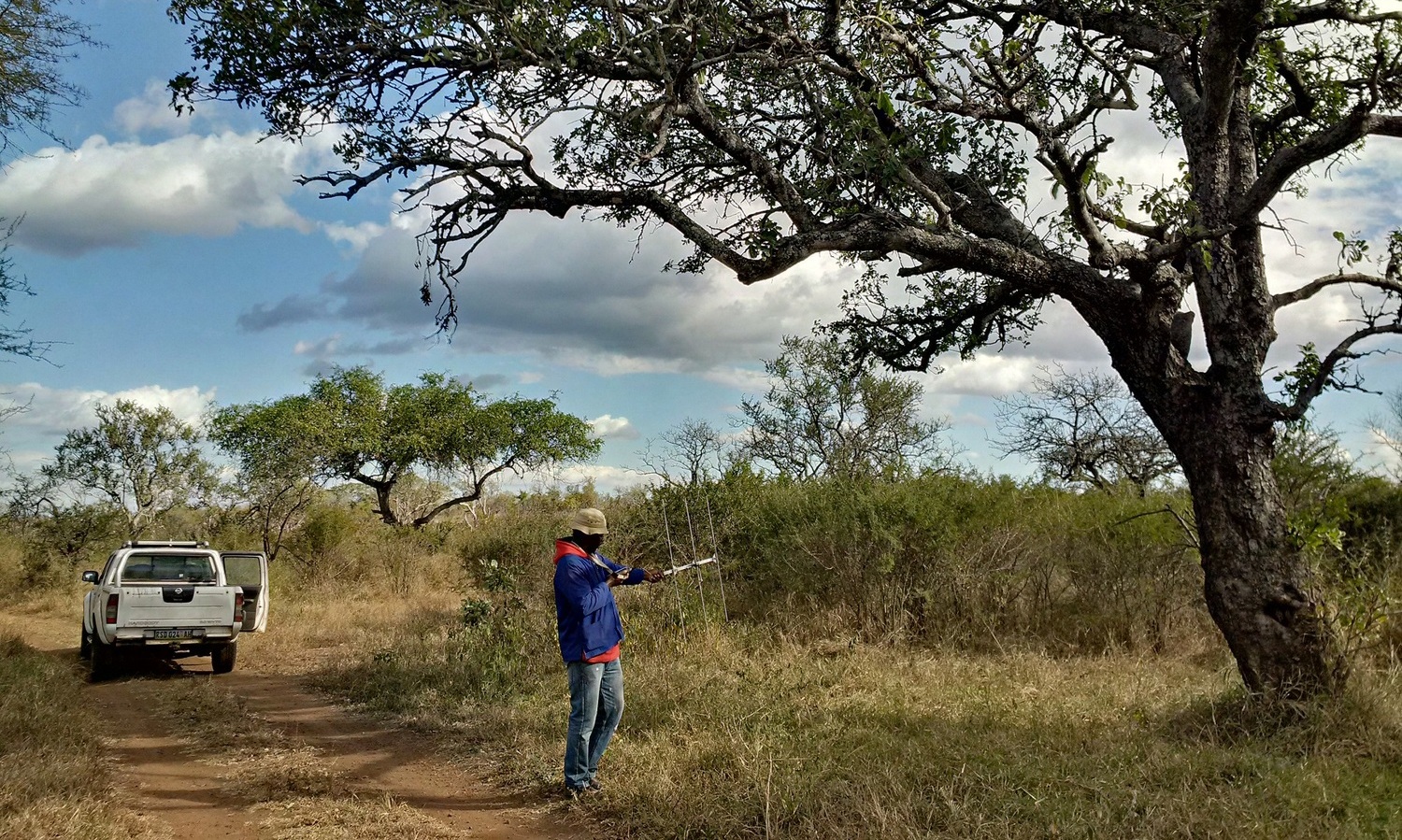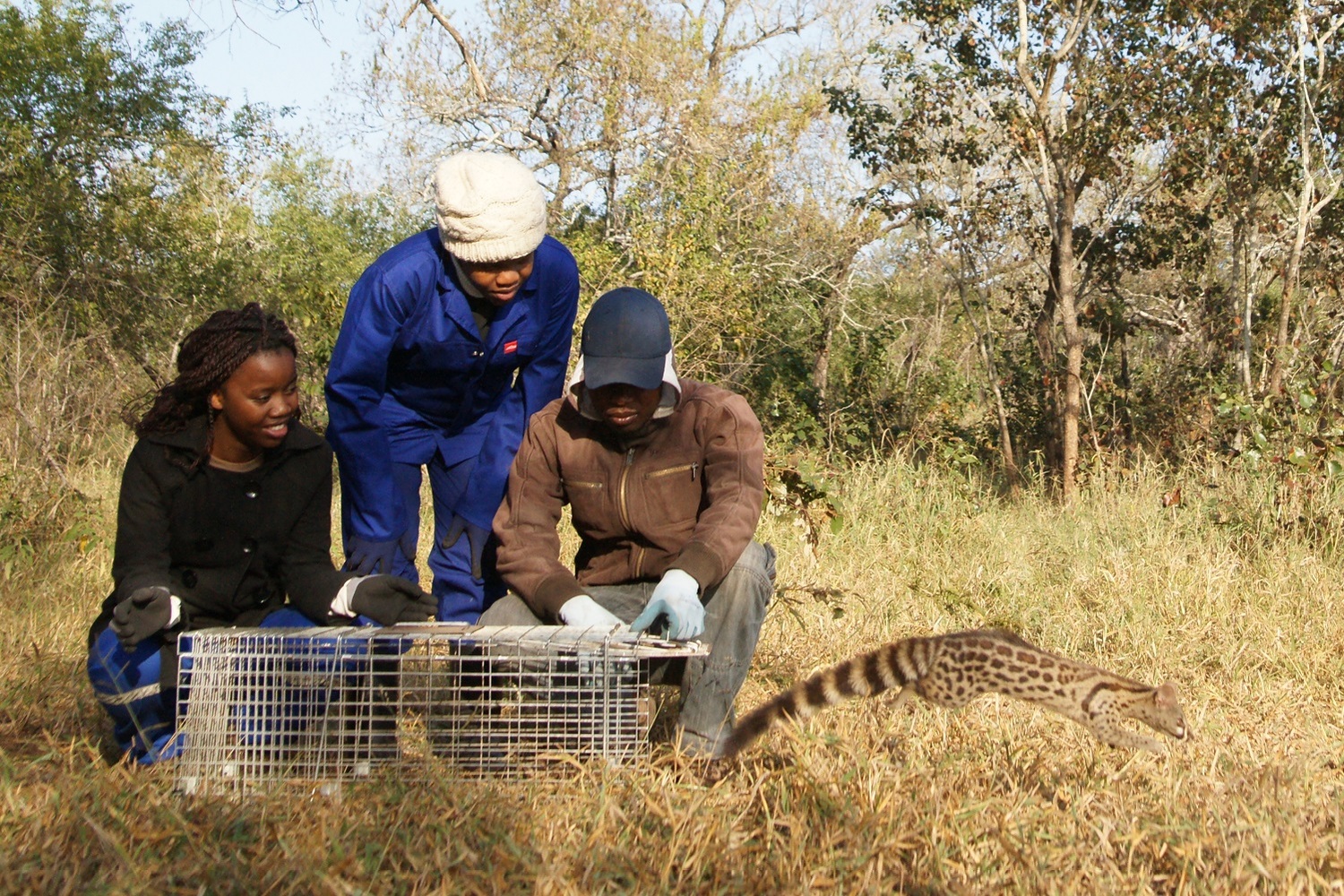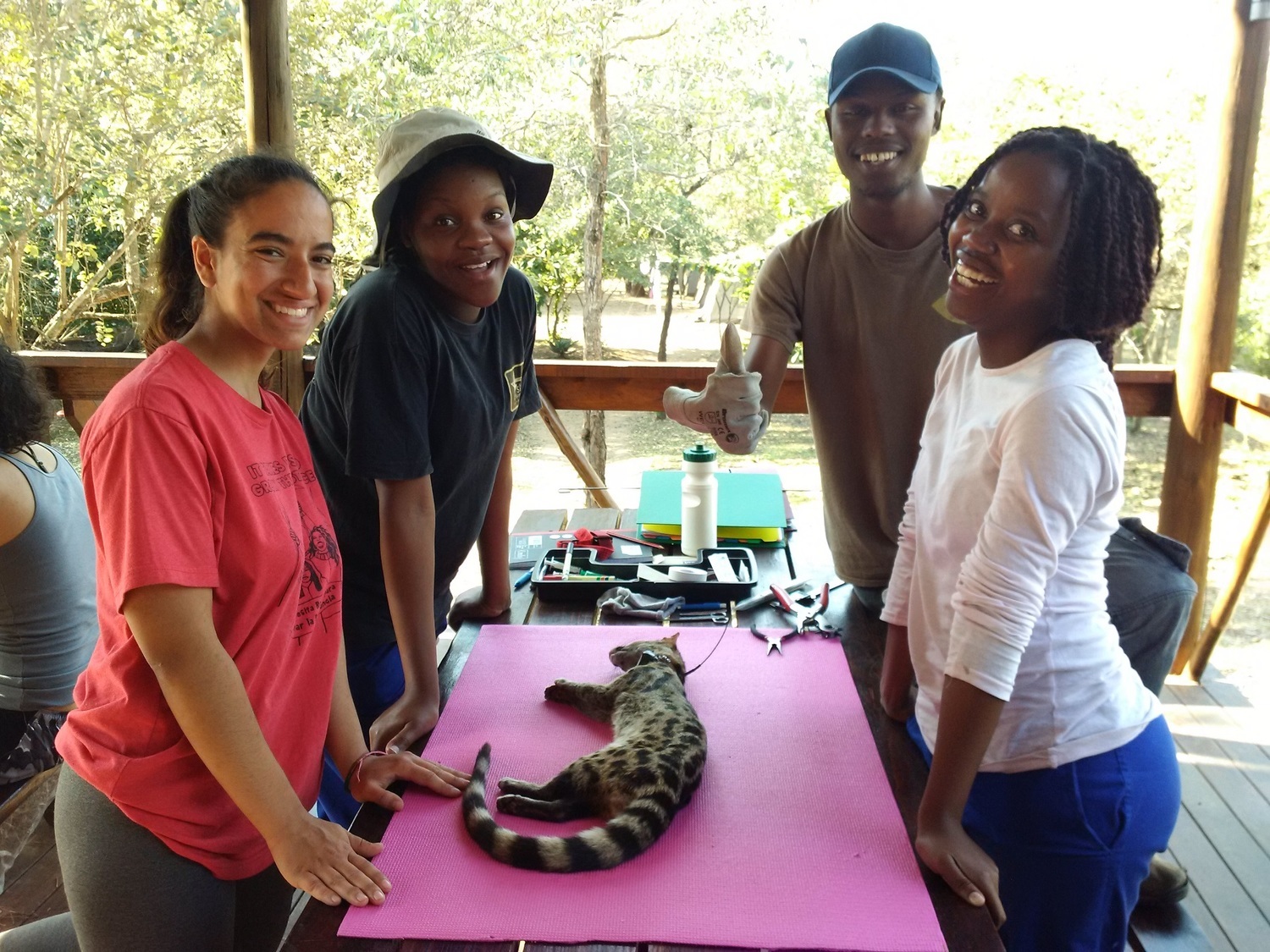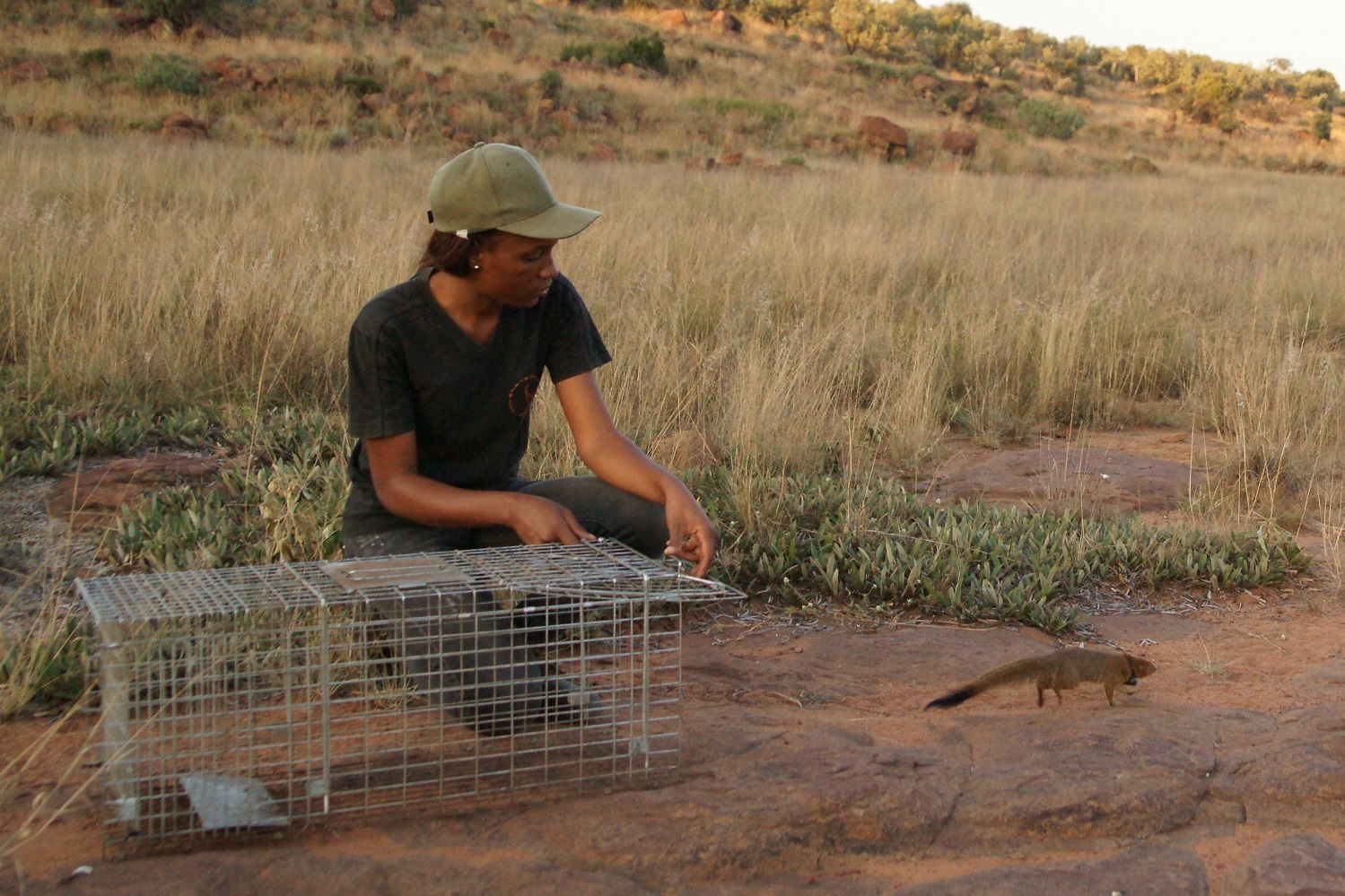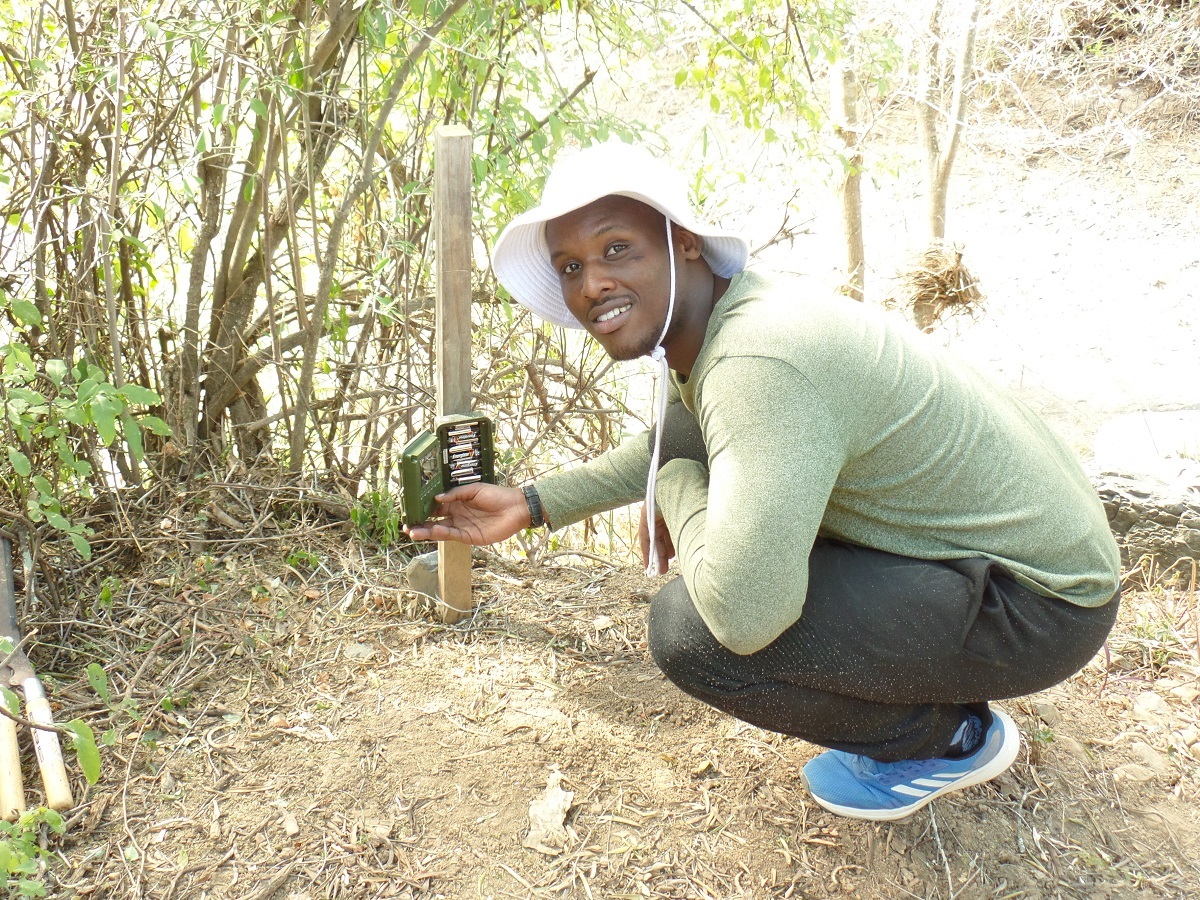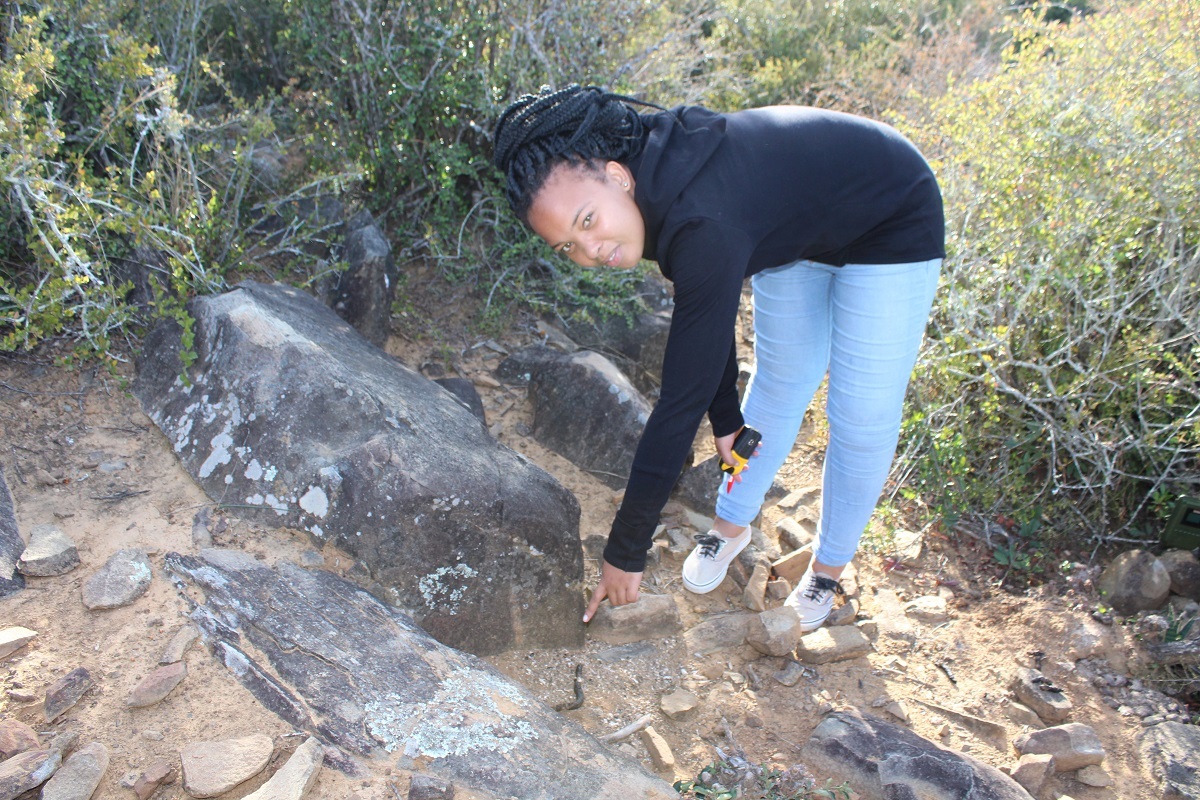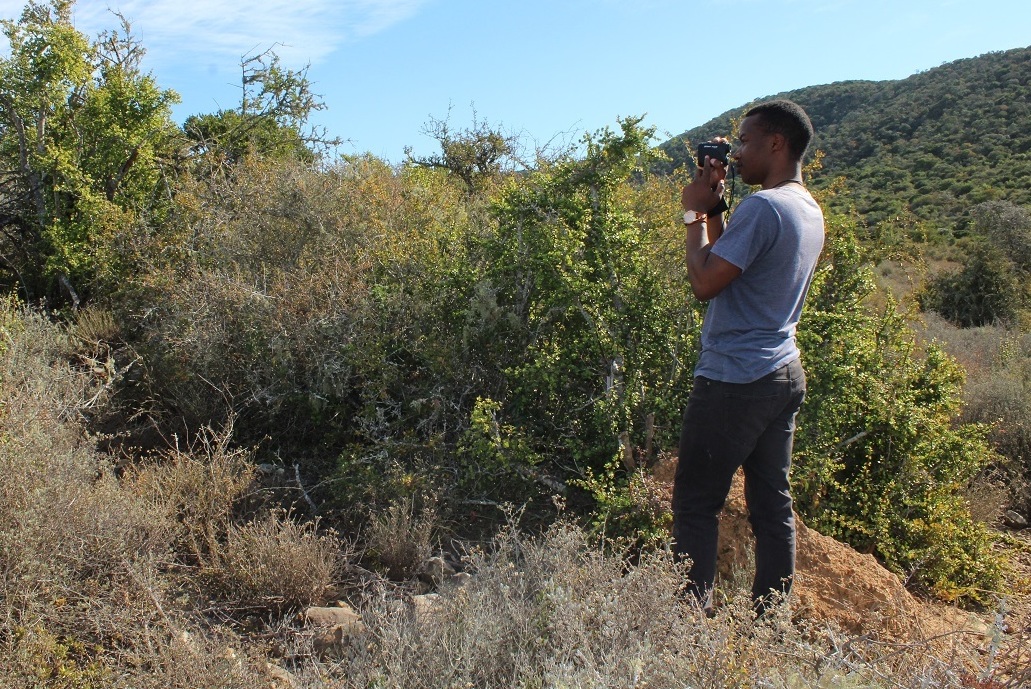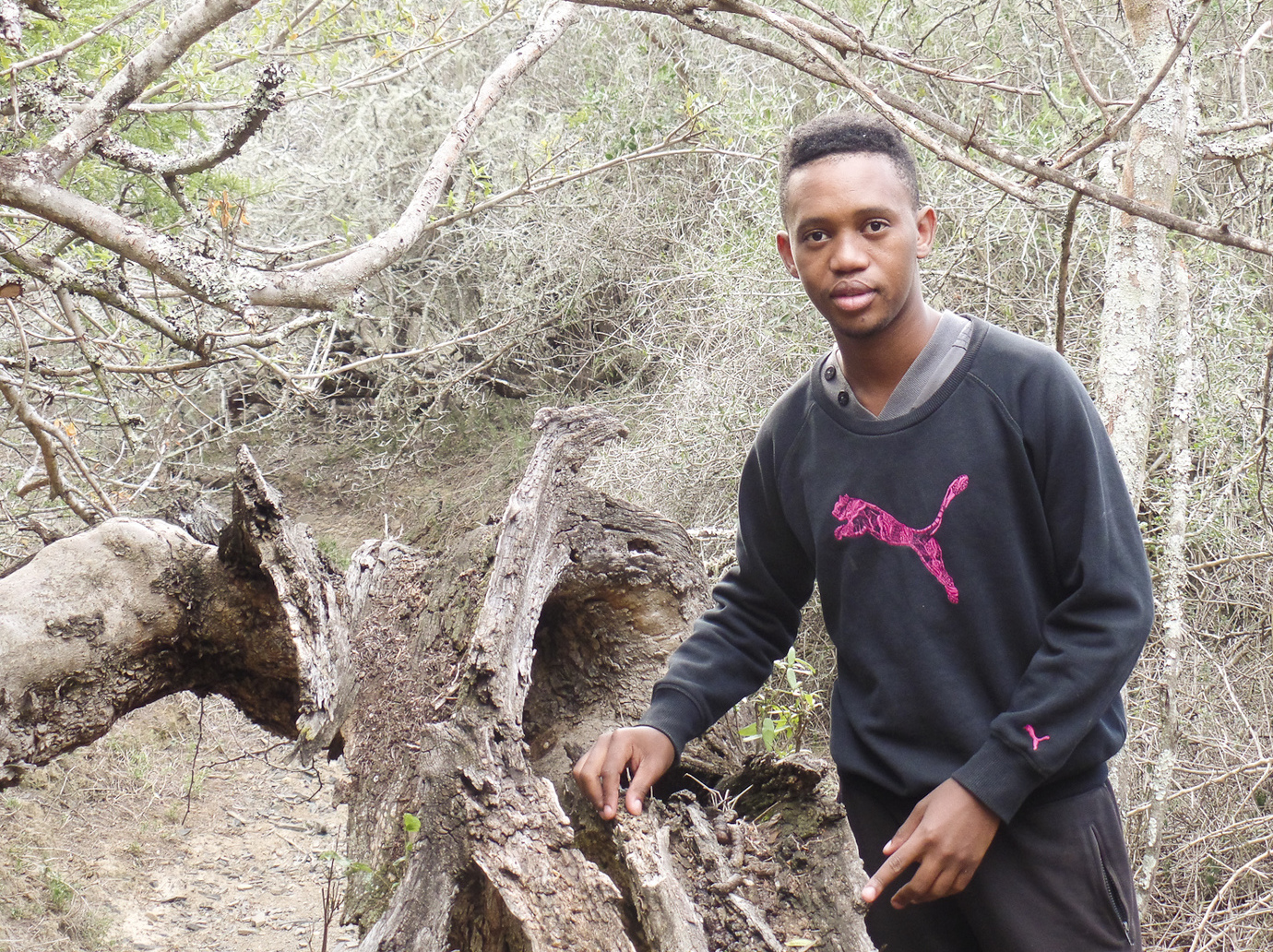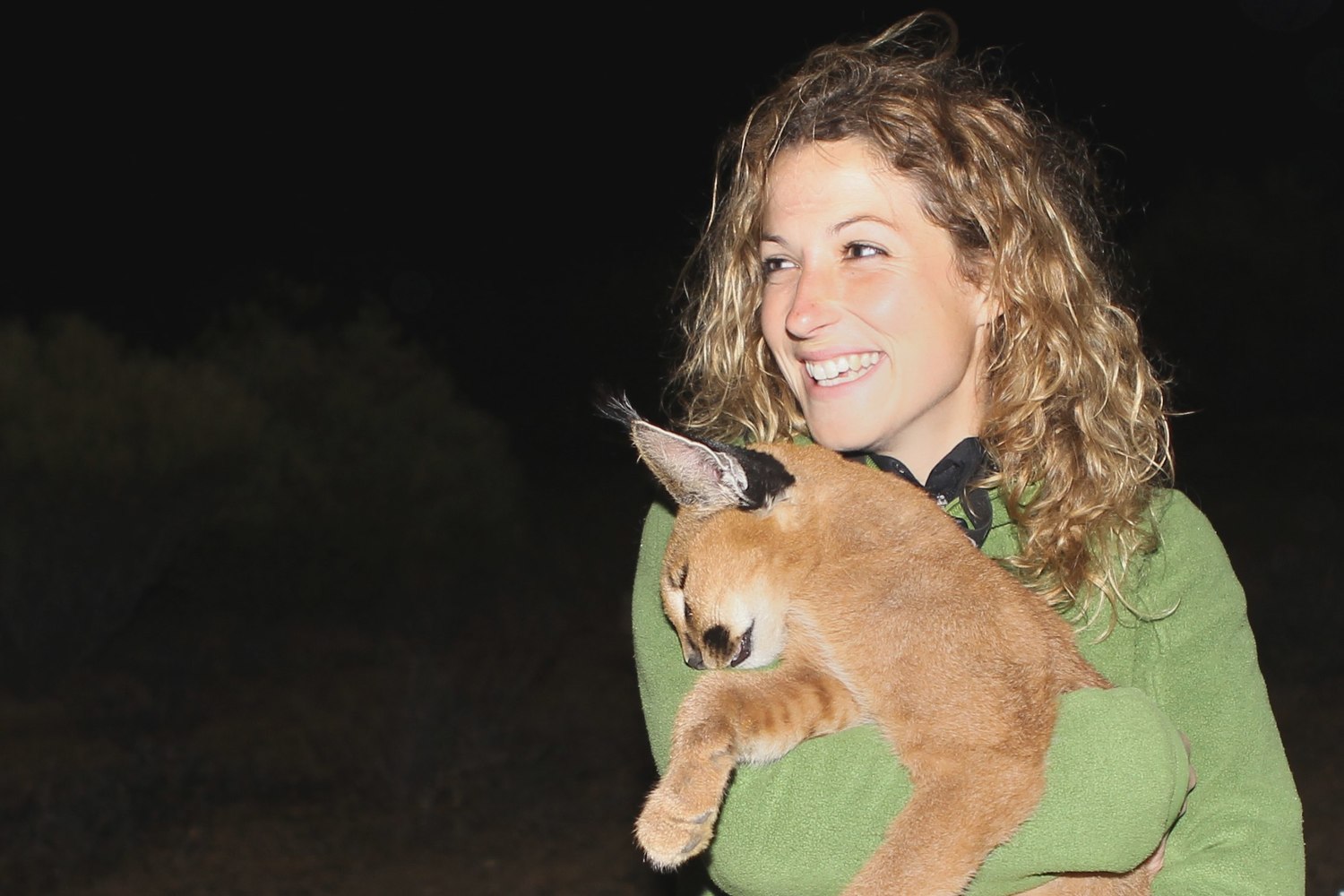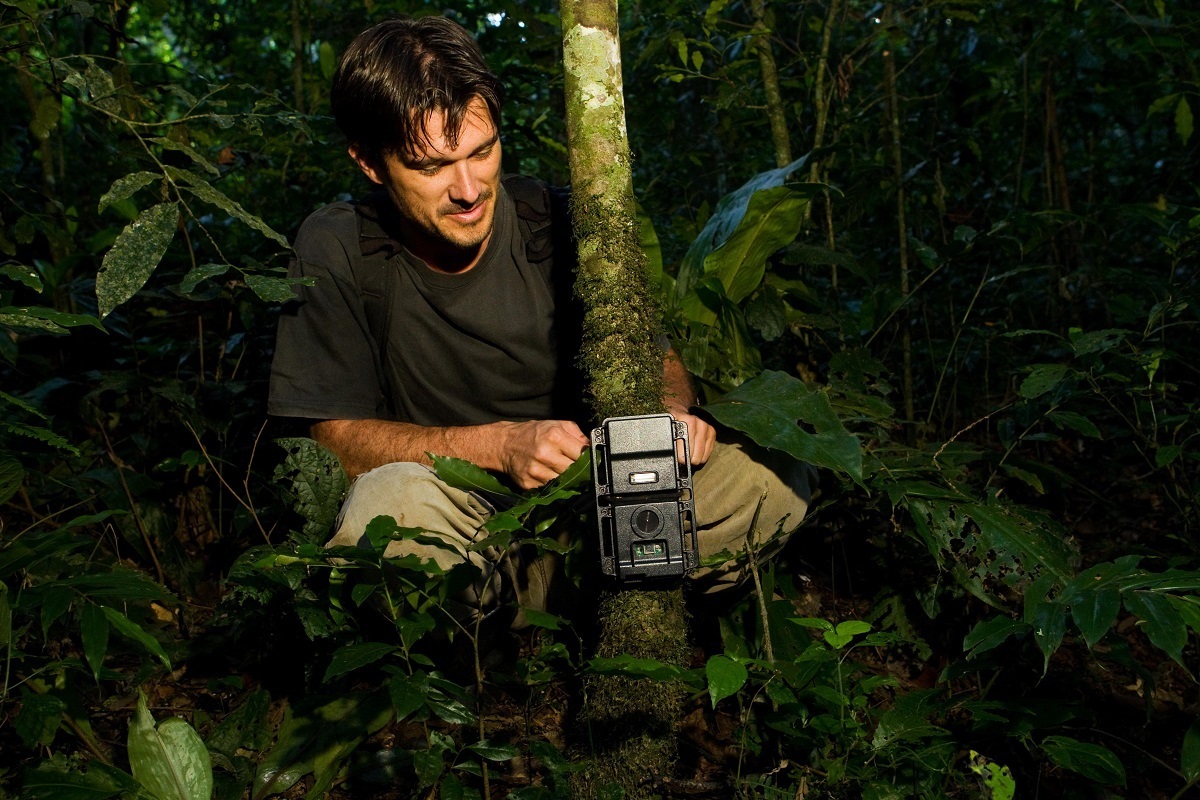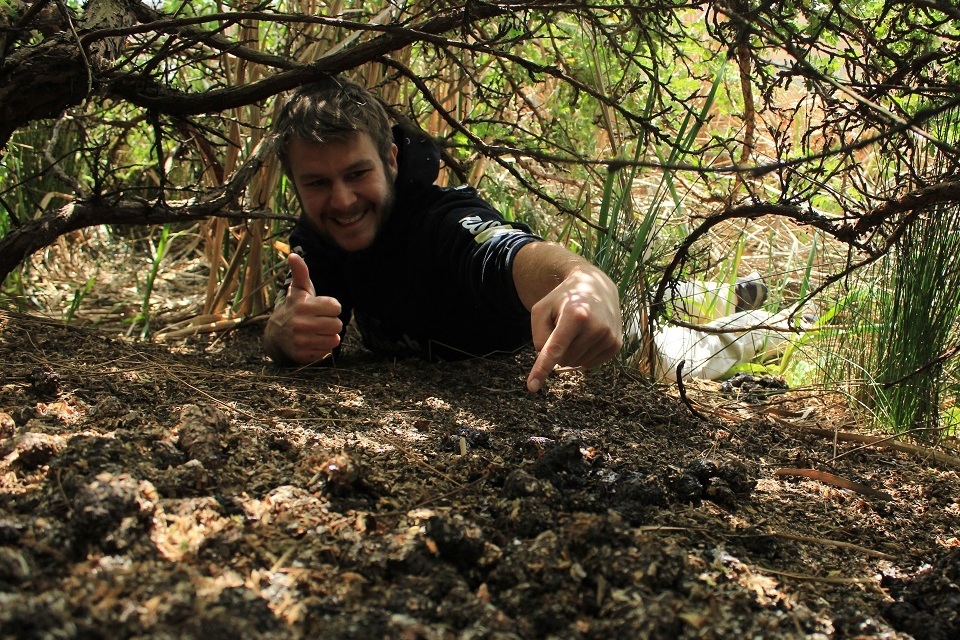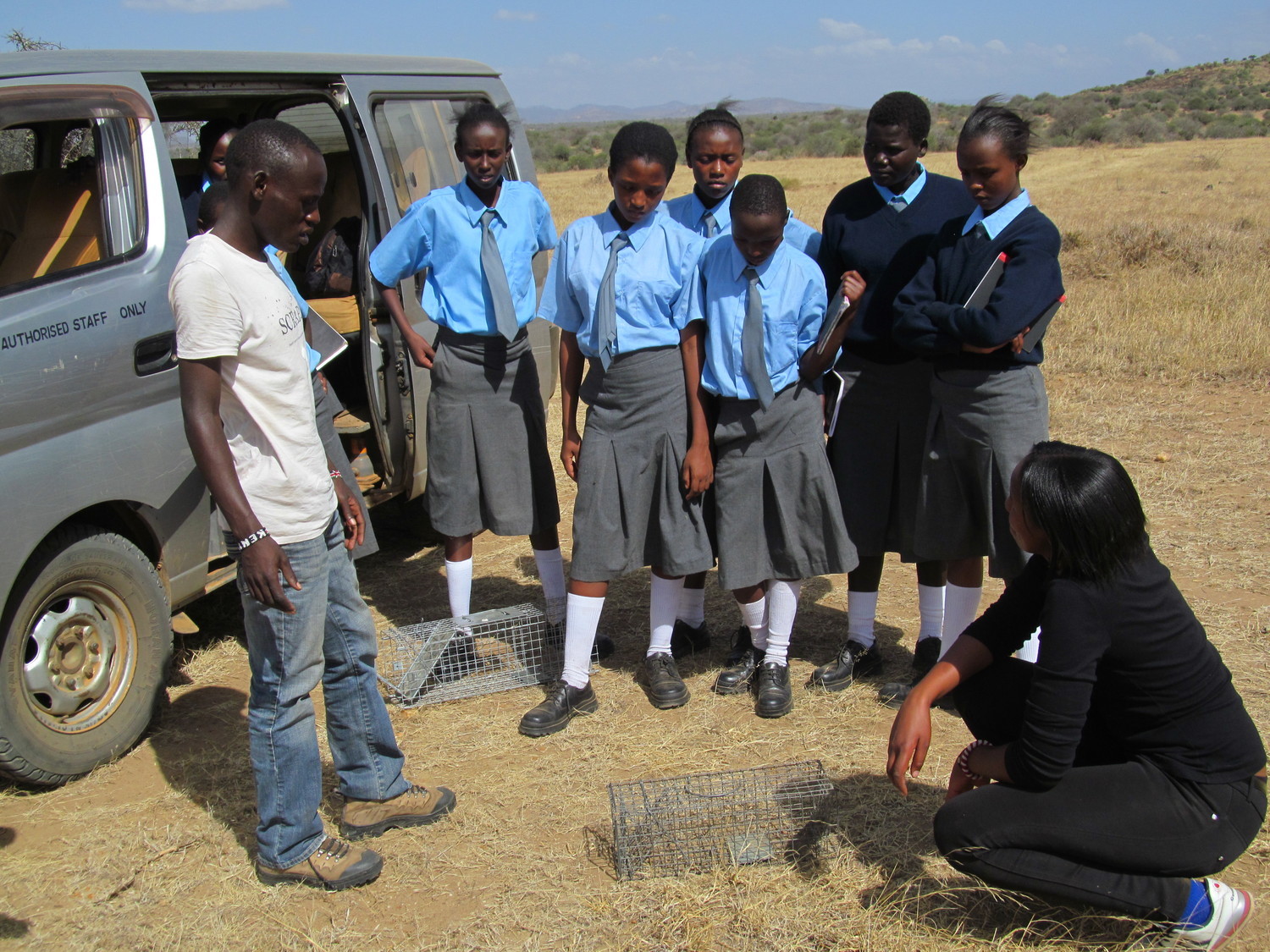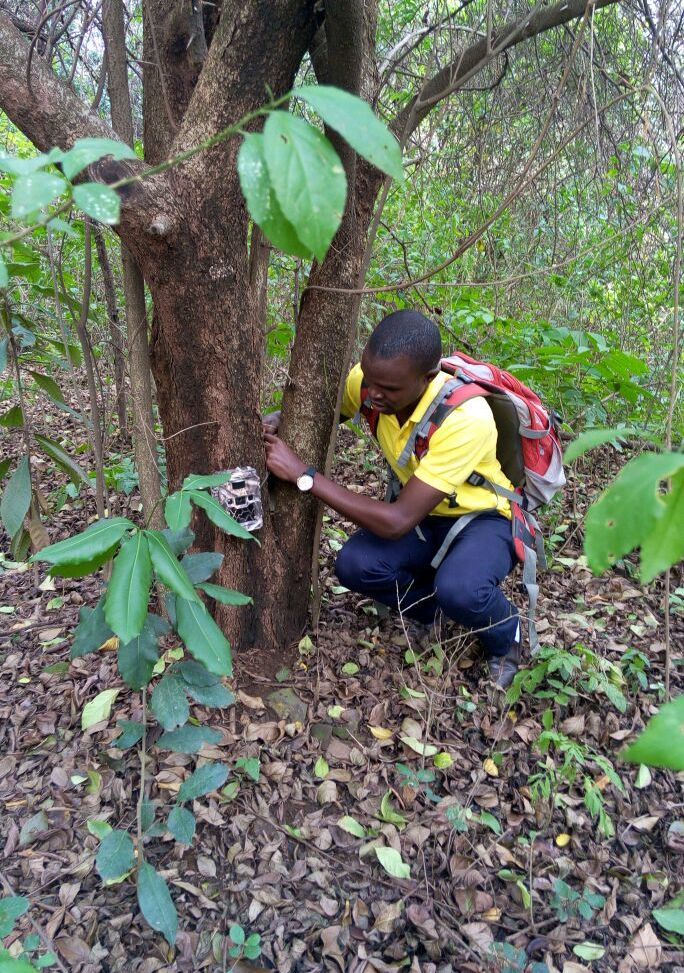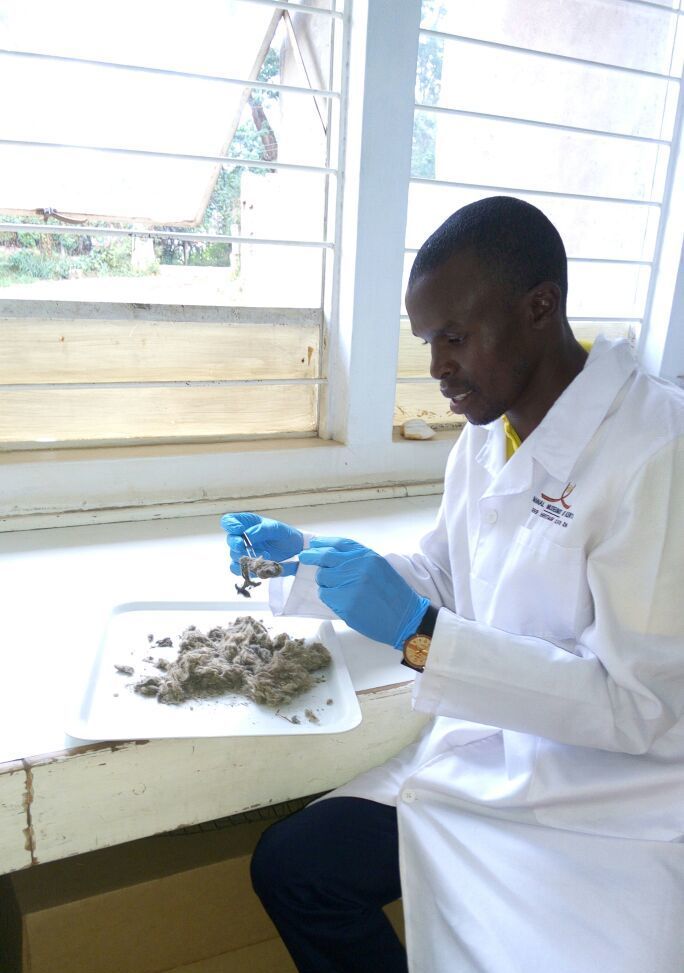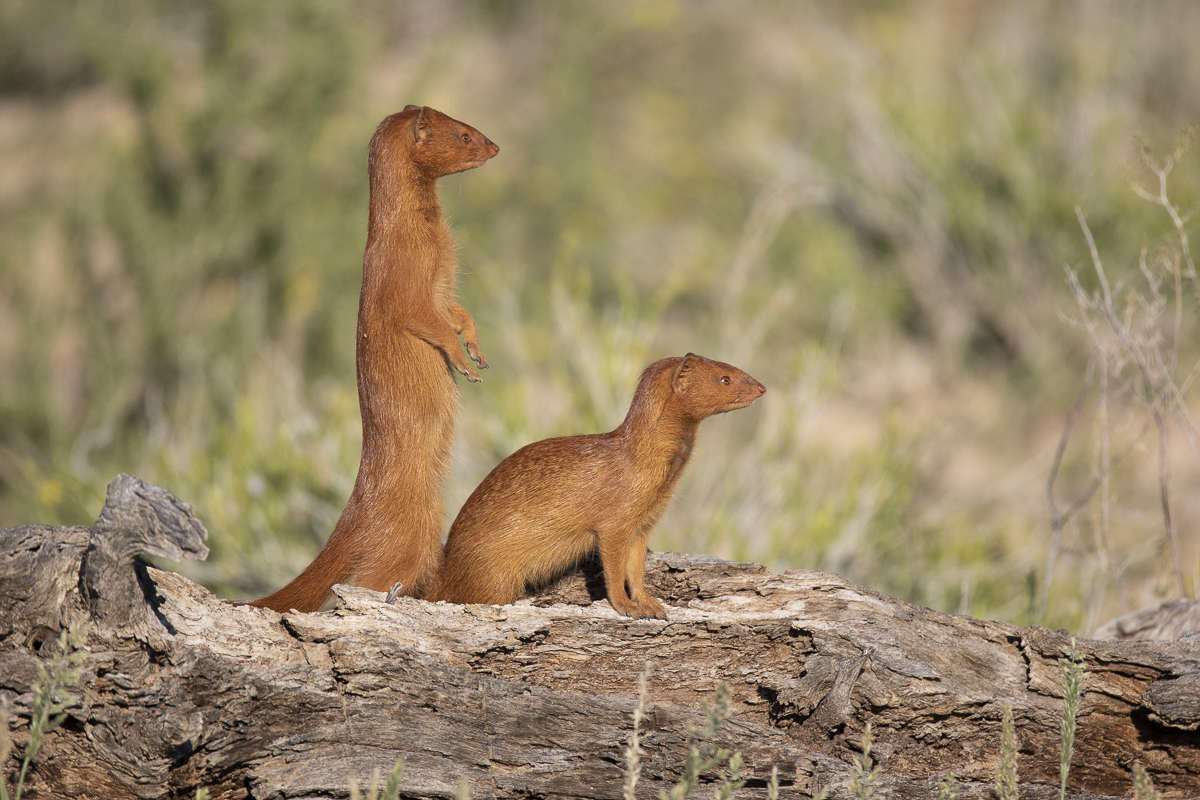African Small Carnivore Research Initiatives
- ASCaRIs Head Office, Sol Plaatje University, Natural and Applied Sciences Laboratory Building, Central Campus, Kimberley, Northern Cape, 8300, South Africa
- ascaris.org@gmail.com
Yellow mongooses
Telperion Nature Reserve (South Africa)
© E. Do Linh San
Banded Mongooses
Etosha N. P. (Namibia)
© N. Devos
Small-spotted Genet
Ngorongoro Conservation Area (Tanzania)
© J.-M. Weber
Slender Mongoose
Kruger N. P. (South Africa)
© E. Do Linh San
Black-backed Jackal
Mountain Zebra N. P. (South Africa)
© E. Do Linh San
Meerkat pups drinking
Kalahari Trails (South Africa)
© E. Do Linh San
Honey Badger
Kgalagadi T. P. (South Africa)
© E. Do Linh San
Fossas mating
Kirindy Forest (Madagascar)
© www.nickgarbutt.com
African Wildcat
Kgalagadi T. P. (South Africa)
© E. Do Linh San
ASCaRIs is a non-profit scientific organization aiming at promoting research, disseminating new knowledge and ultimately funding research projects on African small carnivores – based on much needed donations.
Contrarily to large carnivores such as Lion, Leopard, African Wild Dog or Spotted Hyaena, African small carnivores have received very little attention from the scientific community. Yet, they also play important roles in the ecosystem. They can control some prey populations (e.g. rodents and insects) – which are often considered as agricultural pests by humans – or transport and disseminate the seeds of several plants (a phenomenon called zoochory), among other functions. In addition, some small carnivore species are highly social and therefore constitute interesting models to study the processes underlying the evolution of sociality in mammals.
With so much emphasis put on larger, more charismatic, and sometime more endangered carnivores, it is often difficult for researchers interested in studying the smaller species to obtain enough funding to really make a difference. Yet, almost everything still needs to be discovered about the biology, ecology and behaviour of a majority of the 80+ species of small carnivores living in Africa. Your precious donations will therefore assist us in developing and funding new projects in multiple regions of this fascinating continent. These funds will be used to acquire research material, cover basic running costs (e.g. fuel for field vehicles) and pay tuition fees of postgraduate students from disadvantaged backgrounds.
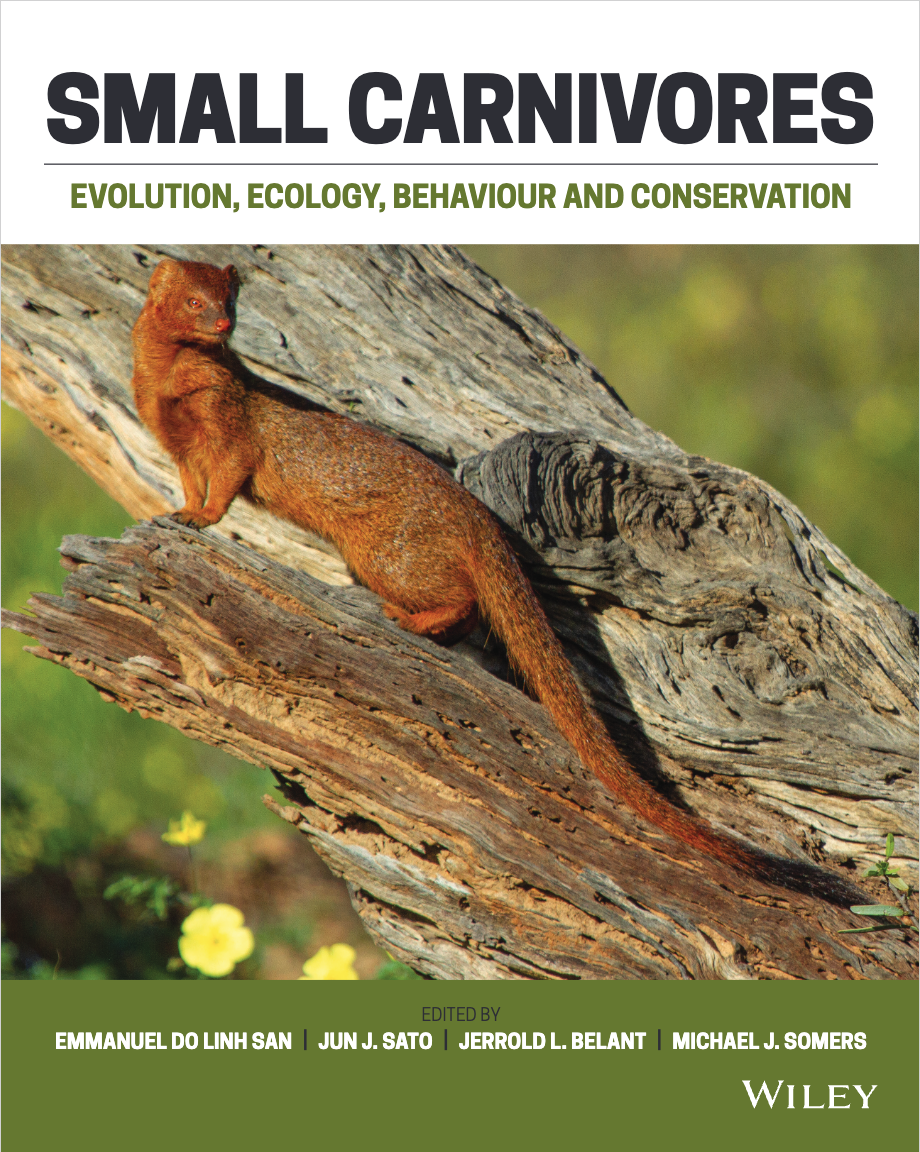
"This is a book that has been needed for decades. It is the first compendium of recent research on a group of mammals which has received almost no attention before the early 1970s. This book covers a wide range of subdisciplines and techniques and should be considered a solid baseline for further research on this little-known group of highly interesting mammals. As our knowledge regarding how ecosystems function increases, then the valuable role of small carnivores and the necessity for their conservation should be regarded as of paramount importance. The topics covered in this book should therefore be of great interest not only to academics and wildlife researchers, but also to the interested layman." Professor Anne Rasa, Ethologist
Publication of a comprehensive academic book on the world's small carnivores!
Editors: Emmanuel Do Linh San, Jun J. Sato, Jerrold L. Belant & Michael J. Somers
This book focuses on the 232 species of the mammalian Order Carnivora with an average body mass < 21.5 kg. Small carnivores inhabit virtually all of the Earth's ecosystems, adopting terrestrial, semi-fossorial, (semi-)arboreal or (semi-)aquatic lifestyles. They occupy multiple trophic levels and therefore play important roles in the regulation of ecosystems, such as natural pest control, seed dispersal and nutrient cycling. In areas where humans have extirpated large carnivores, small carnivores may become the dominant predators, which may increase their abundance ("mesopredator release") to the point that they can sometimes destabilize communities, drive local extirpations and reduce overall biodiversity. On the other hand, one third of the world's small carnivores are threatened or near threatened with extinction. This results from regionally burgeoning human populations' industrial and agricultural activities, causing habitat reduction, destruction, fragmentation and pollution. Overexploitation, persecution and the impacts of introduced predators, competitors, and pathogens have also negatively affected many small carnivore species. Although small carnivores have been intensively studied over the past decades, bibliometric studies showed that they have not received the same attention given to large carnivores. Furthermore, there is huge disparity in how research efforts on small carnivores have been distributed, with some species intensively studied and others superficially or not at all. This book aims at filling a gap in the scientific literature by elucidating the important roles of, and documenting the latest knowledge on, the world's small carnivores.
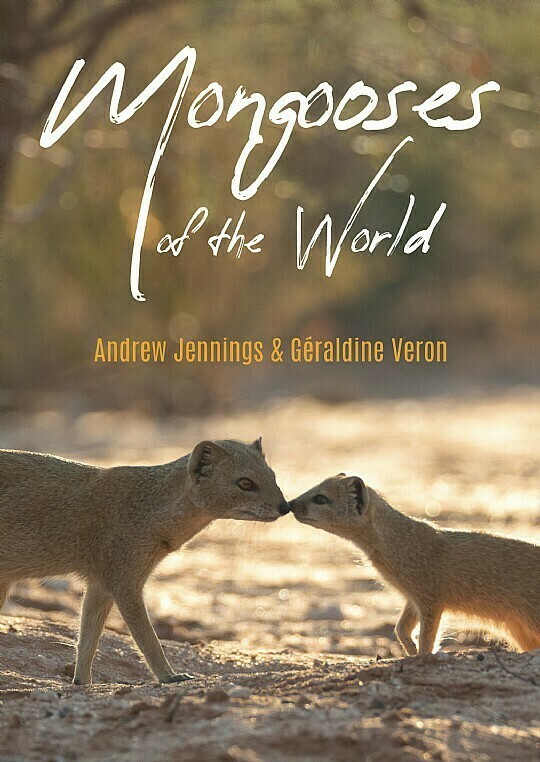
Publication of a comprehensive book on Mongooses of the world!
By Andrew Jennings & Géraldine Veron
- The first book for over 50 years entirely devoted to all mongooses.
- Provides a comprehensive and thorough overview.
- Describes the most up-to-date and scientifically-sound information about all 34 mongoose species.
- Highlights the current conservation status of each mongoose species, and describe the threats that they face.
- Describes the role that mongooses have played in human culture, mythology and folklore.
We currently have a few research projects running. Click on the respective projects to learn more about them. Please do not hesitate to contact us if 1) you have ideas and/or funds for other projects, and would like to collaborate with us, or 2) you work on African small carnivores and would like to join ASCaRIs and showcase your important research work on this website.
XXX.
ASCaRIs wholeheartedly thank the generous sponsors who made Firas's dream come true: The Rufford Foundation (running costs and small research material), IDEA WILD (trapping and radio-tracking material), Holohil (radio-collars) and the University of Fort Hare (PhD bursary).
We showcase here projects which are in the planning phase and which will require your generous support in order to become a reality.
Please donate to assist our research efforts and help us reaching our goals!
Sponsors donating $100 and above will be listed on this website*.
Sponsors donating more than $1,000 will be acknowledged in scientific papers and conference presentations* emanating from the corrresponding projects.
Private donors willing to fund the entirety of a research module (from $5,000) will be given the opportunity to visit the corresponding field project and assist the research team with data collection (e.g. live-trapping, radio-collaring, radio-tracking, setting up camera-traps, etc.) during 1-2 week stays, as per arrangement and local conditions.
ASCaRIS adopts a full transparency policy and annual financial reports will be made available to sponsors and private donors on demand.
WE THANK YOU WHOLEHEARTEDLY FOR YOUR PRECIOUS AND GENEROUS ASSISTANCE!
*Kindly contact us per email if you want to remain anonymous.
